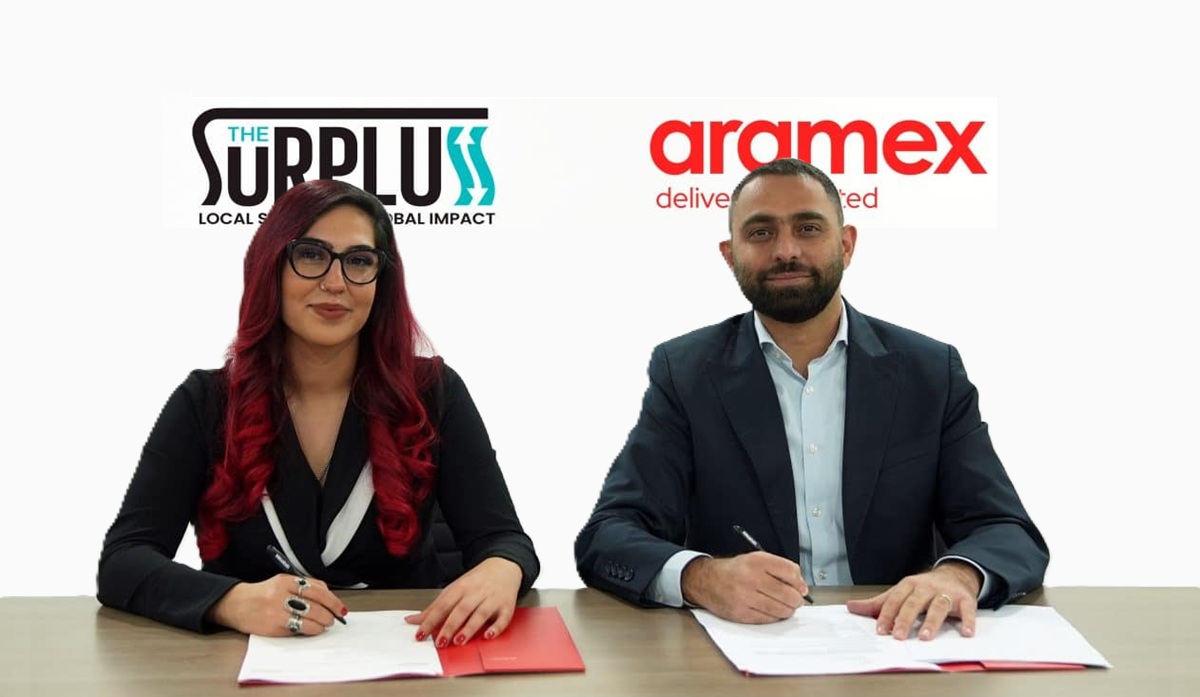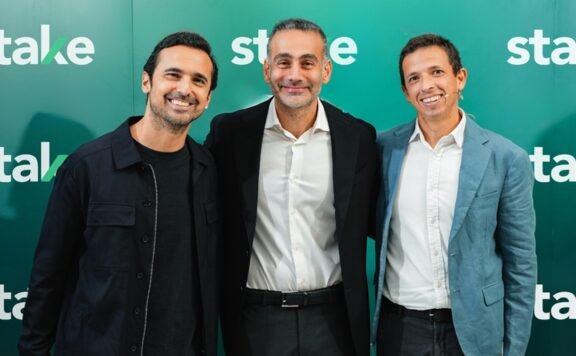Aramex has collaborated with The Surpluss, MENA’s leading digital sustainability exchange for SMEs, to tackle and capitalize on excess business assets, materials, and space.
The collaboration will support new and existing Aramex merchants and SMEs in the UAE to embed sustainability within their supply chain, both up and downstream. In addition, members of The Surpluss will benefit from Aramex’s extensive logistics network at competitive rates, ensuring reliable and timely delivery of their materials and products to various destinations worldwide.
Tarek Abuyaghi, General Manager of Aramex, said: “We are delighted to join forces with The Surpluss and offer SMEs in the UAE an innovative and economically viable platform to make their supply chains eco-friendly. As a responsible business, we believe that strategic partnerships are essential for enhancing our operational efficiency while benefiting our customers. This collaboration aligns well with our strategic priorities, particularly customer centricity, continuous innovation, and sustainability and engagement. Aramex is committed to achieving carbon neutrality by 2030 and net-zero emissions by 2050, and forging new partnerships like these is vital for accelerating our climate action goals.”
Rana Hajirasouli, founder of The Surplus explains: “We are honoured to be collaborating with Aramex to help SMEs supercharge their business in an affordable and efficient way to contribute to the circular economy. This is a bold example of how shifting to less wasteful practices and engaging your entire value chain does not need to be expensive, on the contrary, it can yield profits. Increasing logistics costs remain a potent barrier for SMEs to shift to sustainable production practices, and many companies opt to landfill their idle inventory than resell it. We hope this partnership will overcome this challenge, offering a strong case study as the UAE continues to lead the way to overcoming global bottlenecks to circular economy adoption.”
SMEs represent over 90% of the UAE economy; however, the adoption of circular economy and sustainability remains a challenge. The partnership aims to fill this gap by lowering the financial barriers and risk appetite for companies to source and sell their idle inventory and assets to increase working capital and enhance competitiveness while reducing waste to landfill and carbon emissions.





